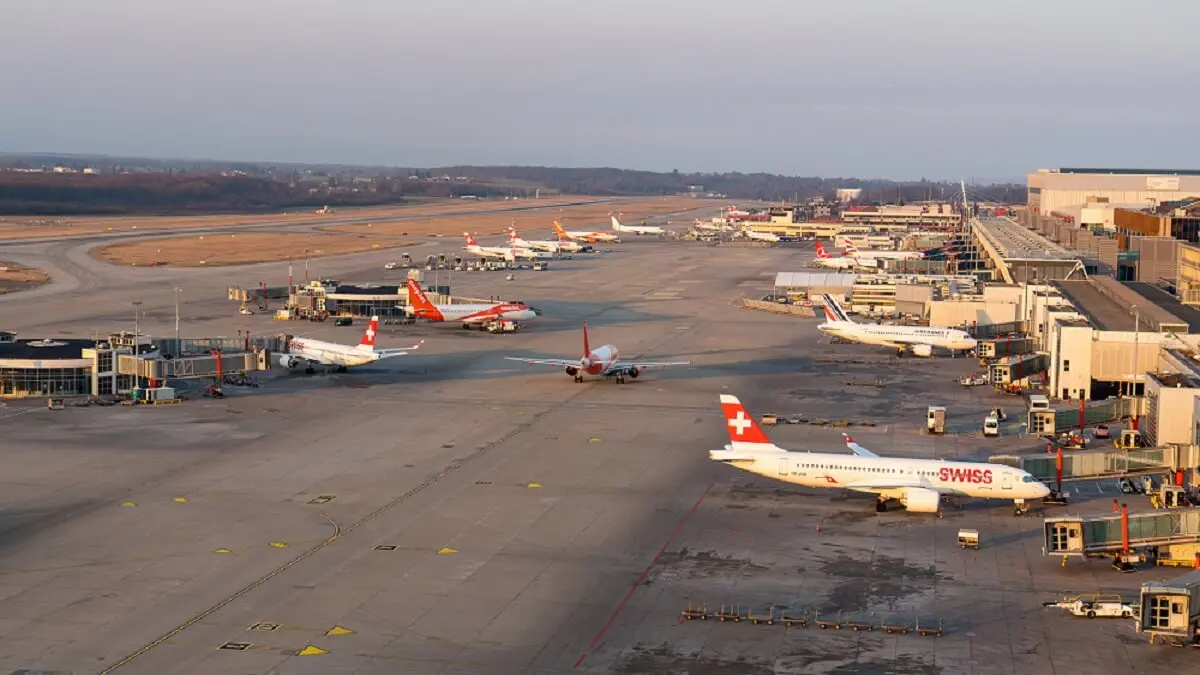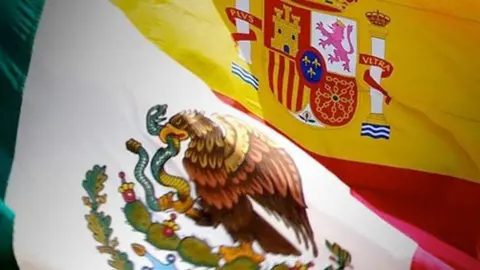People have decided to start travelling

The International Tourism Trade Fair in Madrid (FITUR) has already broken attendance records: from 24 to 28 January, a total of 250,000 people, including professionals and the general public, gathered at the Palacio de Ferias y de Congresos both to do business and to plan their future trips amidst an intense leisure and tourism offer in which delegations from 190 countries were present.
This is very good news in the midst of all that is going on out there. Just as gratifying was the news that Mexico will be FITUR's Partner Country in 2025. A success achieved thanks to the joint efforts of both the Mexican Minister of Tourism, Miguel Torruco, and the Mexican Ambassador, Quirino Ordaz.
The Aztec country, which is becoming more and more fashionable, not only in Spain but also in other European destinations, will have a great opportunity to promote 32 entities in a big way, with its 270 tourist destinations and its 177 marvellous Magic Towns. Of course, with the Mayan Train already fully operational. Spaniards and Europeans in general are very fond of travelling by train; a promising tourism boom awaits Mexico, and that means prosperity.
It is curious but the recovery of world tourism is not being slowed down by wars, uncertainty or inflation. A part of the world's population has decided to travel at any cost, to such an extent that in 2023, a total of 1.3 billion people left their countries to visit other destinations.
The figures are so good that if this trend continues, by the end of 2024, the international tourism flows achieved before the pandemic could be recovered.
The Georgian Zurab Pololikashvili, Secretary General of the World Tourism Organization (UNWTO), says that the trend is very favourable despite the wars, inflation and the global economic slowdown.
Last year, the rate of spending in the global tourism sector was also very healthy: 1.4 trillion dollars and 1.6 trillion dollars if transport is included.
The evolution is proving incredible, Pololikashvili argues, in an industry that had been largely dependent on economic cycles or factors such as inflation.
After the pandemic, it has been geopolitics that has largely conditioned the future of the international economy because, in addition to the long-standing tariff war between the United States and China, there has been a series of sanctions against Russia for its invasion of Ukraine, with the resulting disruptions in commodity markets.
Throughout last year, the price of oil remained oscillating and almost always on an upward trend, with the Organisation of Petroleum Exporting Countries (OPEC) reporting an average increase of 30% in hydrocarbon prices.
Willie Walsh himself, director general of the International Air Transport Association (IATA), acknowledged that as long as oil prices continue to rise, fuel will be more expensive and airlines will continue to adjust the cost of airline tickets.
Even so, people have decided to travel, taking advantage of the proliferation of low-cost airlines and the creation of various budget accommodation options that dispense with hotels and hostels and have made homes the new holiday accommodation option.
And there is even a proliferation of home-swapping fads. Apps and social networks have created a wide range of offers that allow people to travel who were previously unable to do so.
Pololikashvili speaks of this so-called "smokeless industry" as the new boom for 2030, when travel records will continue to be broken and new interests will emerge.
The World Travel and Tourism Council (WTTC) notes that before the pandemic, travel and tourism (including its direct and indirect impacts) accounted for one in five new jobs created worldwide during 2014 to 2019. A total of 334 million jobs in 2019 and with a capacity to generate 10.4% of global GDP. A year before the pandemic, international visitor spending was 1.9 trillion dollars.
In 2023, the WTTC notes that these employment levels have returned and expects new workers to continue to enter the hospitality industry in 2024. In any case, the fact that people are travelling and travelling is, without a doubt, excellent news!



